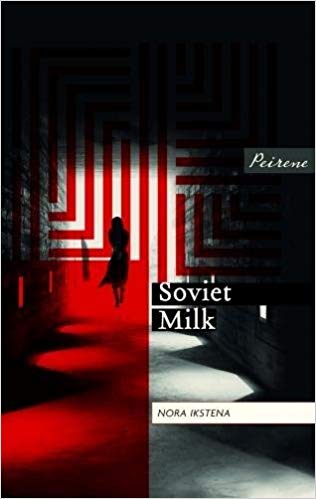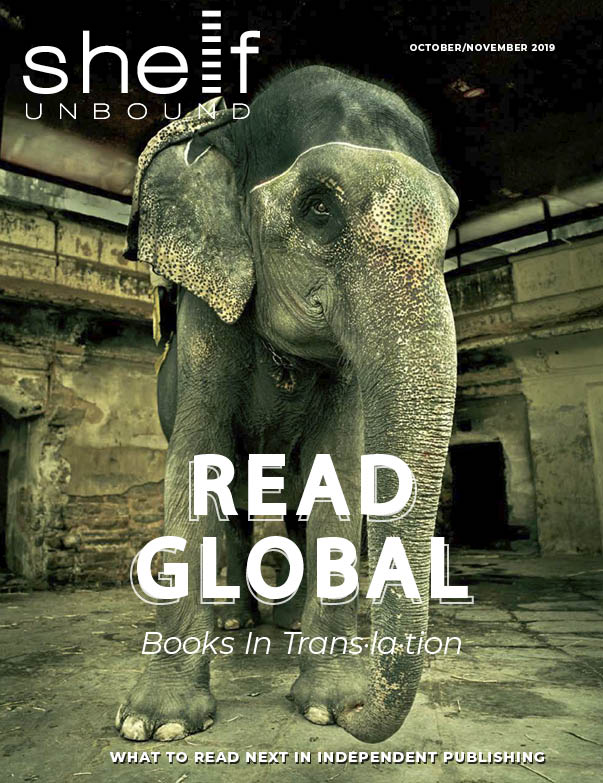Soviet Milk
By Nora Ikstena, Margita Gailitis (translator)

The literary bestseller that took the Baltics by storm now published for the first time in English.
This novel considers the effects of Soviet rule on a single individual. The central character in the story tries to follow her calling as a doctor. But then the state steps in. She is deprived first of her professional future, then of her identity and finally of her relationship with her daughter. Banished to a village in the Latvian countryside, her sense of isolation increases. Will she and her daughter be able to return to Riga when political change begins to stir?
About The Author: Nora Ikstena
Nora Ikstena was born in 1969 in Riga, Latvia. She studied at the University of Latvia before moving to New York. On her return to the Baltics she helped establish the Latvian Literature Centre. She published her first novel, Celebration of Life, in 1998 and has written over twenty books since. She has won numerous awards, such as the Order of the Three Stars for Services to Literature and the Baltic Assembly Prize. Soviet Milk, her most recent novel, won the 2015 Annual Latvian Literature Award (LALIGABA) for Best Prose.
Read an Excerpt
I don’t remember 15 October 1969. There are people who swear they remember their birth. I don’t. It’s likely that I was well positioned in my mother’s womb, because the birth was normal. Not particularly long, or particularly short, with the last contractions coming every five minutes. My mother was twenty-five, young and healthy. Her mental state, though, was not so healthy, as I learned later.
I do remember, or at least I can picture, the golden, tender calm of October, alternating with forebodings of a long period of darkness. It’s a kind of boundary month, at least in the climate of this latitude, where seasons change slowly and autumn only gradually gives way to winter.
Probably leaves were falling, and our bad-tempered concierge raked them up in the courtyard. She had come from Kyrgyzstan with her family and been allocated a flat in our building at 20 Mičurina Street. Her slanteyed little girl sat on the windowsill, slurping borscht and cheerfully inviting everyone into their home.
The pre-war grandeur of the flat had been modified to reflect the Kyrgyz woman’s idea of beauty. The previous inhabitants, a Jewish family, had abandoned the flat in 1941, when deportation to Siberia saved them from having to wear yellow stars on their backs a few months later, in Nazi-occupied Riga.
Now heavy rugs covered the parquet, the porcelain dishes were filled with sunflower seeds and spittoons stood on the piano lid. Times and religions had commingled. And that’s how it was in the entire building, when I was carried up to the thirteenth flat, carefully swaddled like a chrysalis, as was the custom in those times.
Now and then I have a dream from which I awake feeling sick. I’m clinging to my mother’s breast and trying to suck on it. The breast is large, full of milk, but I can’t get any out. I don’t see my mother, she doesn’t help me, and I’m left to struggle with her breast on my own. Then suddenly I succeed and a bitter, repulsive liquid spurts into my mouth. I gag and wake with a start.
My mother was a young doctor. Perhaps she knew that her milk would have caused more harm than good to her child…

Continue Reading…
Article originally Published in the October/November 2019 Issue “Read Global”
